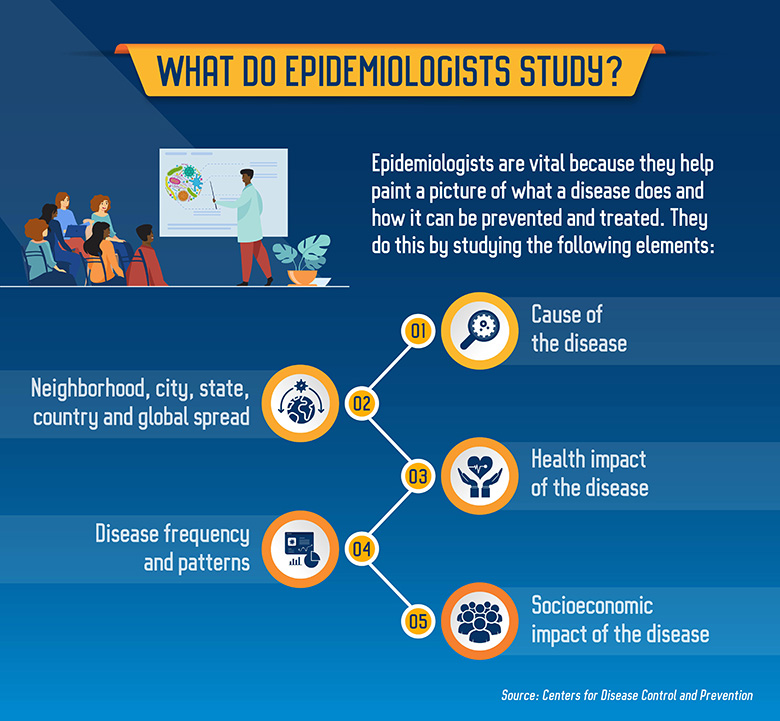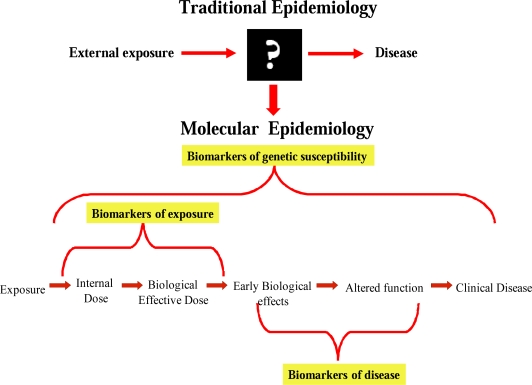Epidemiology is the branch of medical science concerned with the study of the distribution and determinants of health and disease in populations. It aims to understand the causes, patterns and consequences of health and disease and to identify risk and protective factors for populations.
Epidemiology is defined as the study of the incidence, prevalence, distribution and control of disease in a population. It examines the health of the population. This is population research. The field of epidemiology is dynamic and advances with time to improve health outcomes. It continues to grow and expand.

Advanced epidemiology is a term used to describe the latest methods and technologies used in the field of epidemiology. It is more accurate in diagnosis and preventive measures. It plays an important part in the field of medicine and public health. It helps improve our understanding of the causes of diseases. It improves health at the population level. It is largely observational.
We need to link epidemiology with medicine, public health, health communication, medical informatics, psychology and more. Collaboration across disciplines is an essential part of timely and meaningful preparation.
Data Collection and Management
Advances in data collection and management have allowed for more efficient and accurate data analysis in epidemiology. Electronic health records (EHR), telemedicine and wearable technologies have revolutionized the way data is collected and managed. These methods allow real-time data collection and analysis and improve the accuracy and reliability of the data.
Here we are talking about very large collections of data about individuals within a population. Sometimes we do so by collecting data by forming groups or we can use secondary data analysis.
There are many different methods of epidemiology.
Geographical Information Systems (GIS)
GIS is a tool used in epidemiology to map the distribution of health and disease. This allows for the creation of maps visualizing health outcomes and risk factors in specific geographic areas. This information can be used to identify areas with high rates of disease and develop interventions to address these health disparities.
Machine Learning and Artificial Intelligence
Machine learning and artificial intelligence (AI) are becoming increasingly important in epidemiology. These techniques are used to analyze large data sets and identify patterns and relationships between variables. AI algorithms can also be used to make predictions about health outcomes and develop risk assessments.
Read – GENETICS and ANTHROPOLOGY
Molecular Epidemiology
Molecular epidemiology is a sub-field of epidemiology that focuses on the molecular basis of health and disease. This field uses molecular and genetic data to understand the biological mechanisms underlying disease and to identify risk factors. Advances in molecular biology and genomics have greatly increased our understanding of the molecular basis of disease.

Conclusion
Advances in technology and methods have greatly improved the field of epidemiology. These advances have allowed for more efficient and accurate data collection, analysis, and management, and have expanded our understanding of the causes and consequences of health and disease. The continued development and integration of these technologies will continue to shape the future of epidemiology and improve our ability to prevent and treat disease.
References
Advanced epidemiological methods
Continuing to Advance Epidemiology







